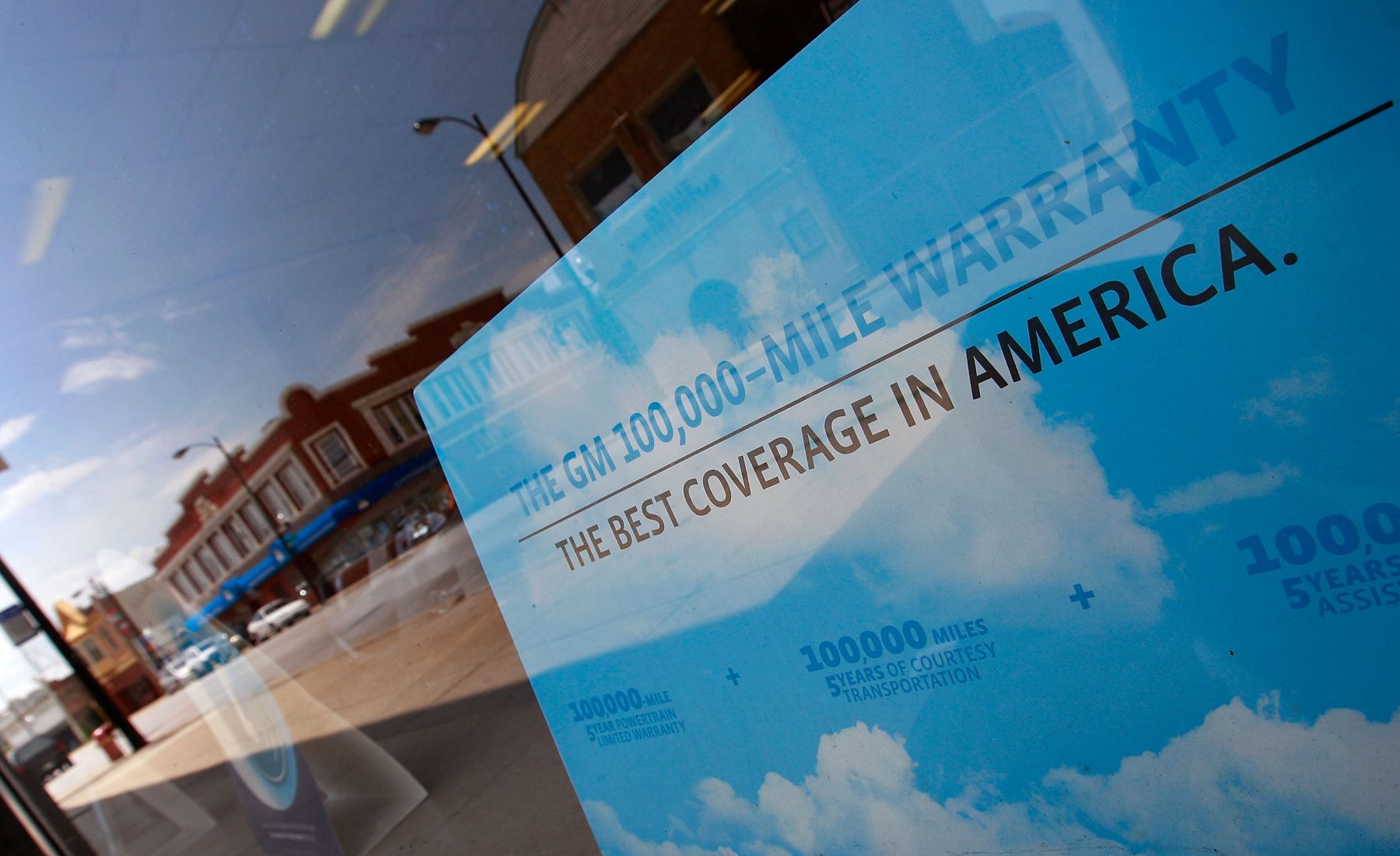
What Are the Different Types of Extended Warranties?
Whether it is a Jaguar, a BMW, or a Toyota Premier, most of us have our sights set on car shopping for our dream ride. Unfortunately, the thought of a car being a depreciating asset can make some people reluctant to spend their hard-earned money on a frivolous and unpredictable asset like this one.
However, a car is much more than a luxury asset. It may prove one of the biggest investments for the future. For instance, you can use it as collateral on a title loan or sell it if you find yourself on the fence and need huge amounts of money. As such, it is important that you take care of your car to help preserve its resale value and the best way is by getting car warranties to cover repairs. Here’s a look at the different car warranties and how long they can protect your car.
Types of car warranties

There are different car warranties that you can get after purchasing a car. They all cover different aspects and for different periods. They include the following:
Dealership warranty
This type of warranty cover vehicles purchased from a dealership. The extent and nature of coverage vary depending on the dealership. A car purchase contract contains the terms and conditions of a dealership warranty, including how long it will cover, what parts are eligible for coverage, where the repairs will be done, and other stipulations.
Manufacturer’s warranty
Also known as a factory warranty, a manufacturer’s warranty covers all major car components up to a certain mileage milestone or period—whichever comes first. Some car manufacturers have better warranties than others. The three types of manufacturer’s warranties include a bumper-to-bumper warranty, a powertrain/drivetrain warranty, and a corrosion/rust warranty.
Bumper to bumper warranty
The bumper-to-bumper warranty covers all parts and systems of a car, excluding “wear and tear” parts such as wiper blades, pads, and tires. Most automakers provide at least a 36,000-mile or a three-year bumper-to-bumper warranty. Mitsubishi and Hyundai are two well-known manufacturers that offer up to 50,000 miles/five years of bumper-to-bumper warranty, according to Motor1.
Powertrain/drivetrain warranty
According to Kelley Blue Book, the powertrain/drivetrain warranty covers the car’s differential, transmission, engine, and other mechanical parts. The warranty provides a more extended coverage period than the bumper-to-bumper warranty. For instance, Hyundai’s powertrain/drivetrain warranty provides up to 100,000 miles/five years of protection.
Corrosion/rust warranty
Corrosion/rust warranty covers vehicle repairs due to rust or corrosion of the body. Some automakers provide lifetime protection.
“Secret” warranties
Most manufacturers provide secret warranties, sometimes referred to as “goodwill service” or “policy adjustments.” Unfortunately, most car buyers don’t know about this unique warranty. The warranty may cover repairs that your vehicle may run into after the expiry of the factory warranty. All you need is to contact the manufacturer’s customer service department and request repairs.
The difference between the manufacturer’s warranty and the extended warranties
Manufacturers’ warranties cover newly purchased vehicles up to a specific mileage milestone or period. Extended warranties cover a car for an additional period after the expiry of the manufacturer’s warranties. It is also known as a vehicle service contract or an aftermarket warranty. It can be offered by a manufacturer, a dealership, or a warranty administrator.
You need to check with the provider’s official website to determine if they offer extended warranties, what the coverage includes, and how long it takes. Generally, an aftermarket warranty will cover less than the factory warranties.
Exclusionary
This is comprehensive coverage that offers the highest level of coverage. The exclusionary contract outlines what’s NOT covered by the warranty rather than what is covered.
Stated component
This type of extended warranty is the highest you will ever have for your car. The stated component contract outlines the components of a vehicle that are covered by the policy.
Powertrain
The powertrain is part of the stated component warranty as it specifies the component of a covered car. The term “powertrain” consists of the drive axle, transmission, and engine.
Wrap
This type of policy covers what is not included in the powertrain and is typically based on mileage and length.


